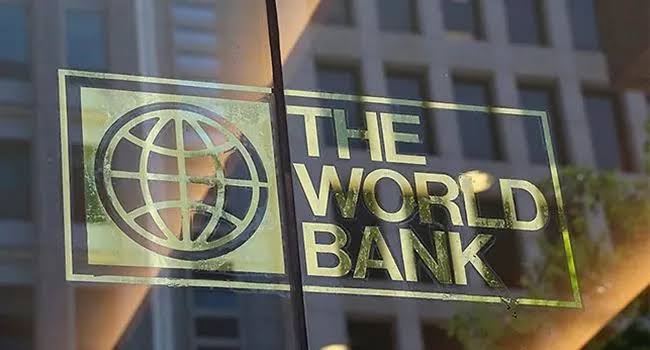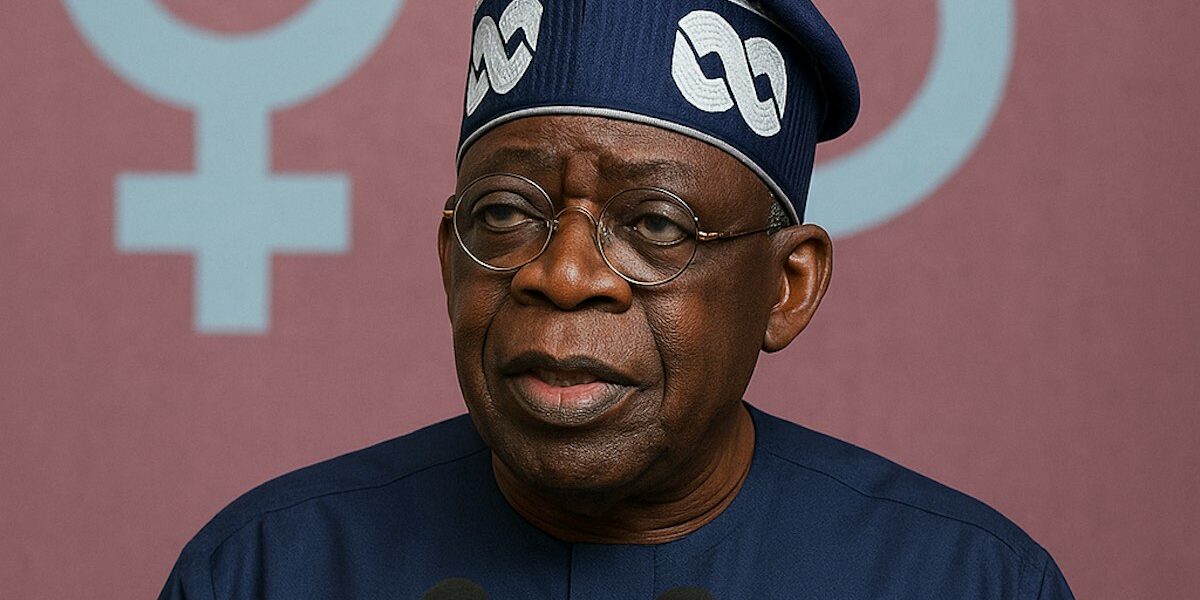As of 2024, Nigeria maintains its position as Africa's largest economy, a status it has held since 2014 when a GDP rebasing nearly doubled its economic size, surpassing South Africa.
Despite this, Nigeria faces significant challenges. The country remains heavily dependent on its oil sector, which constitutes less than 10% of its GDP but provides the majority of fiscal revenues and foreign exchange earnings. This reliance makes Nigeria vulnerable to fluctuations in global oil prices, leading to economic instability.
In response, the Nigerian government has initiated substantial economic reforms aimed at diversifying the economy and achieving long-term stability. These reforms include unifying exchange rates and reducing fuel subsidies to stabilize finances and enhance the credibility of the naira. While these measures are essential for correcting economic imbalances, they have resulted in short-term hardships, such as increased fuel prices and higher inflation rates.
The success of these reforms is crucial not only for Nigeria's economic future but also for its role as a potential growth engine for Sub-Saharan Africa. Sustaining these reforms, expanding social protection for vulnerable populations, and fostering a conducive environment for private investment are key priorities moving forward.

.jpg)








